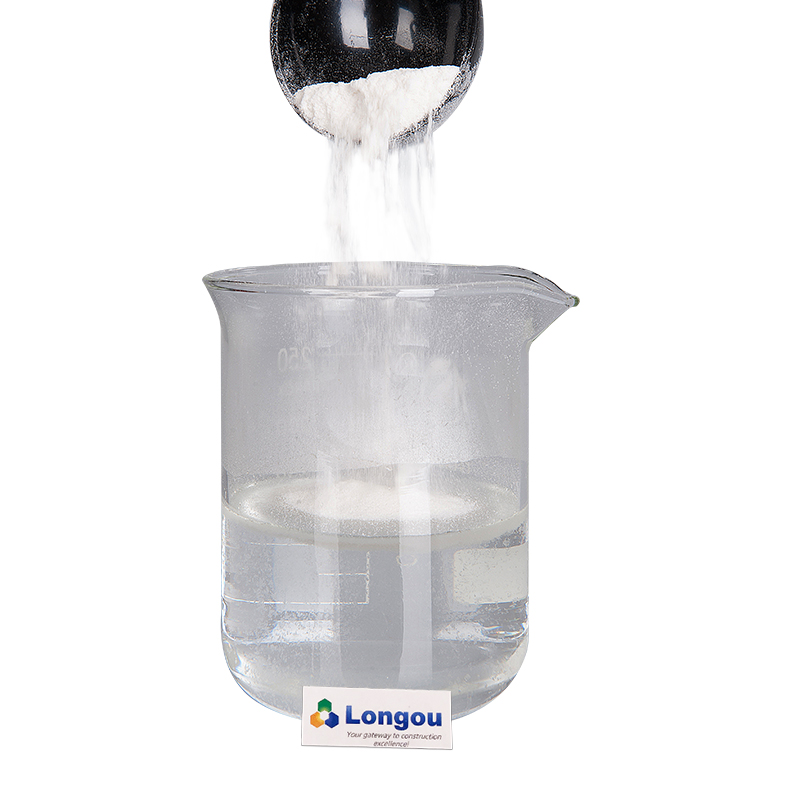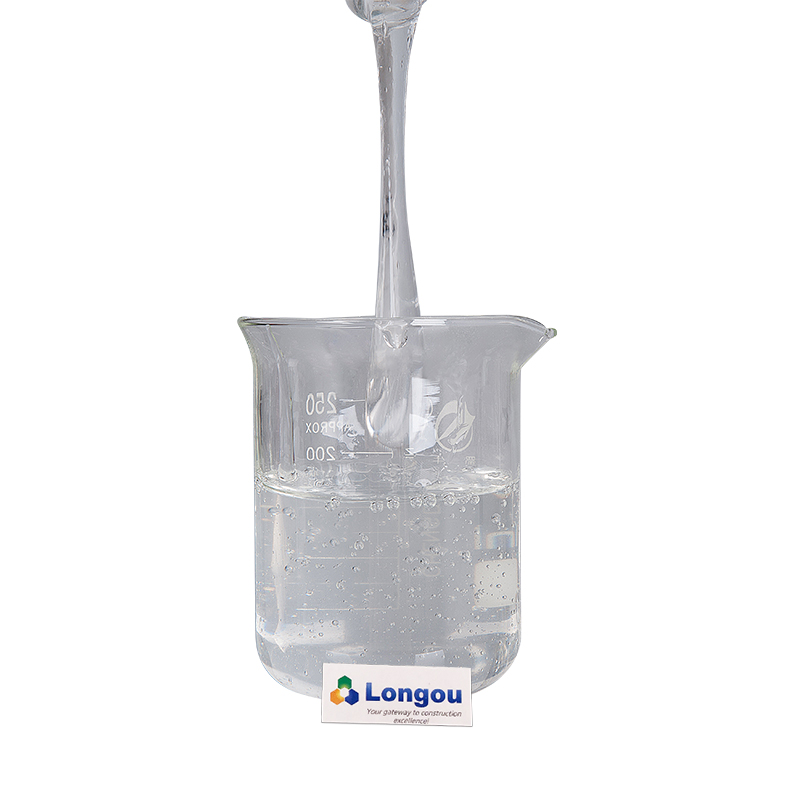Generally speaking, the viscosity of hydroxypropyl methylcellulose is higher, but it also depends on the degree of substitution and the average degree of substitution. Hydroxypropyl methylcellulose is a non-ionic cellulose ether with a white powder appearance and no Odorless and tasteless, soluble in water and most polar organic solvents and appropriate proportions of ethanol/water, propanol/water, dichloroethane, etc., insoluble in acetone and absolute ethanol, swells into a clear or slightly cloudy colloid in cold water solution. The aqueous solution has surface activity, forms a thin film after drying, undergoes a reversible transformation from sol to gel in sequence upon heating and cooling. High transparency and stable performance.
Hydroxypropyl methylcellulose has the property of thermal gelation. After the aqueous solution of the product is heated, it forms a gel and precipitates, and dissolves after cooling. The gelation temperature of different specifications is different. Solubility varies with viscosity. The lower the viscosity, the greater the solubility. The properties of hydroxypropyl methylcellulose with different specifications are different. The dissolution of hydroxypropyl methylcellulose in water is not affected by the pH value.
Features: It has the characteristics of thickening ability, salt discharge, PH stability, water retention, dimensional stability, excellent film-forming property, wide range of enzyme resistance, dispersibility and cohesiveness.
The water retention of hydroxypropyl methylcellulose products is often affected by the following factors:
1. Uniformity of hydroxypropyl methylcellulose
Uniformly reacted hydroxypropyl methylcellulose, methoxyl and hydroxypropoxyl are evenly distributed, and the water retention rate is high.
2. Hydroxypropyl methylcellulose thermal gel temperature
The higher the thermal gel temperature, the higher the water retention rate; Otherwise, the lower the water retention rate.
3. Viscosity of hydroxypropyl methylcellulose
When the viscosity of hydroxypropyl methylcellulose increases, the water retention rate also increases; when the viscosity reaches a certain level, the increase in water retention rate tends to be gentle.
4. The amount of hydroxypropyl methylcellulose added
The greater the amount of hydroxypropyl methylcellulose added, the higher the water retention rate and the better the water retention effect. In the range of 0.25-0.6% addition, the water retention rate increases rapidly with the increase of the addition amount; when the addition amount further increases, the increase trend of the water retention rate slows down.
Post time: Aug-28-2023







